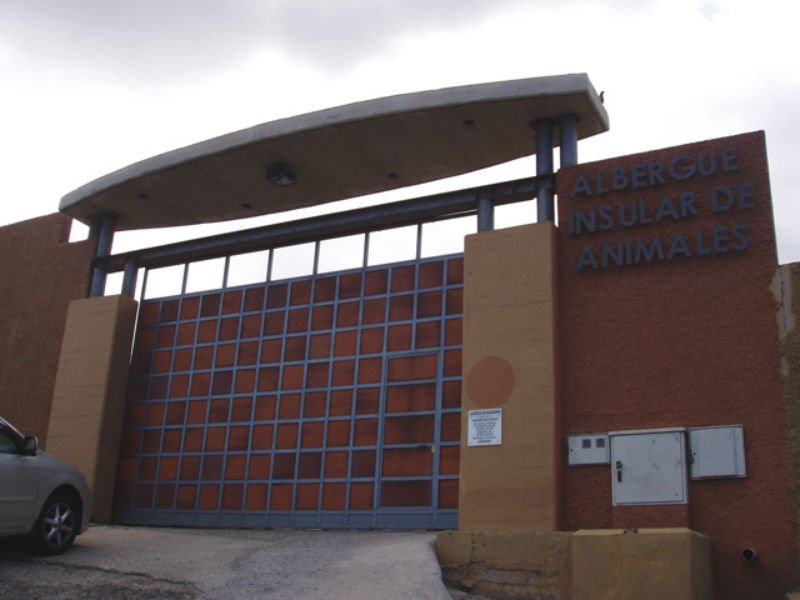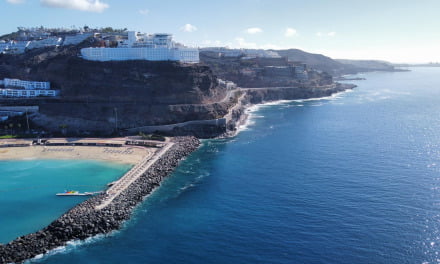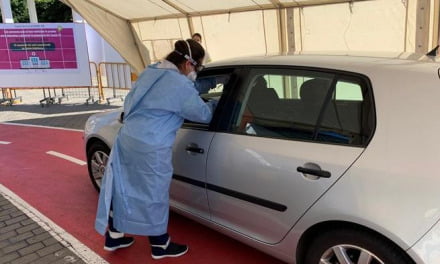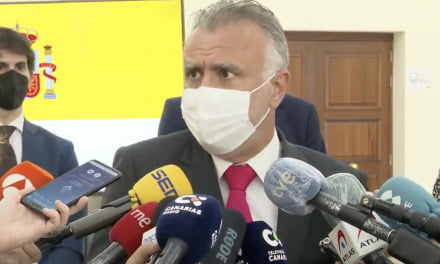Editor’s Opening Comment:
It has long been known that irresponsible animal owners on Gran Canaria have been a huge problem, and until recently it was simply left to, often well meaning, groups and individuals to try and stem the seemingly relentless flow of dogs and cats dumped without care, who more often then not would end up being caught and then destroyed.Following a very serious incident last year, when a privately run “rescue” association sent at least one animal to Norway which, despite apparently having all the correct veterinary certifications, turned out to actually be carrying heart worm, a condition that has never existed in Norway, the animal had to be destroyed and stark warnings issued by the Norwegian government in connection to “rescue” animals coming from southern Spain.
At the end of last year the Cabildo de Gran Canaria (Island Council) took a unilateral decision that they were going to tackle such problems head on, in concert with the main Veterinary College, and took over the main island animal refuge to directly oversee policies and guidelines to help reduce numbers of animals being abandoned and destroyed, and to create a register of properly run animal care and rescue associations to improve performance and the lives of thousands of animals abandoned every year through ignorance and irresponsibility.
Now the Cabildo have announced they are extending opening hours at the island animal refuge on weekends and on Monday afternoons so as to facilitate more adoptions, a measure aimed at reducing the nearly eight hundred abandoned pets currently occupying the premises, out of the 2,787 that have been taken in so far this year.
The new schedule, takes effect from mid-November, opening10.00 to 12.00 and from 16.00 to 18.30 Monday to Friday and on Saturdays and Sundays from 09.00 to 14.00, Minister of Environment, Miguel Ángel Rodríguez, reports.
The island animal refuge, Alburge de Bañaderos, between January and September of this year, has taken in 2,288 dogs and 499 cats, of which 1,060 dogs and 231 cats have been adopted, and another 125 dogs and cats that were not abandoned but instead lost, found and then returned to their owners.
Up until 2016, this refuge received an average of 5,000 animals per year from 19 municipalities on the island. The animals were in living conditions that required immediate improvement. Approximately two out of three animals were being sacrificed to euthanasia.
 According to the Cabildo’s press release; with the change of management as of January 1, 2017, currently entrusted to the public company Gesplan, the Cabildo has substantially improved the quality of life of resident animals and significantly reduced the number of euthanised animals, which at one point was an estimated 70% until end of 2016, to the current much more healthy 12.7%, in all cases for medical reasons and under veterinary prescription.
According to the Cabildo’s press release; with the change of management as of January 1, 2017, currently entrusted to the public company Gesplan, the Cabildo has substantially improved the quality of life of resident animals and significantly reduced the number of euthanised animals, which at one point was an estimated 70% until end of 2016, to the current much more healthy 12.7%, in all cases for medical reasons and under veterinary prescription.
An estimated 10,000 animals are abandoned on Gran Canaria every year, that is the highest frequency per capita in all spain for abandonment and generates a great problem to society and institutions.
Aware of this situation, the Ministry of Environment is promoting a paradigm shift to tackle the problem from the source, acting against abandonment which often is down to a simple lack of education or awareness from the owners and which the ministry is trying to change by encouraging responsible adoption.
So far this year, the Cabildo has worked with the Veterinary College of Las Palmas in the drafting of the Insular Plan for Animal Welfare, developing proposals for municipal ordinance, regarding possession of domestic animals, that has been transferred to town councils for their evaluation, including a proposal for management of the Insular Refuge and a current census of public and private shelters, as well as temporary shelters, ensure compliance and best practice.
The Cabildo and the Vererinary College have organized seminars with municipal officers, public officials and law enforcement officials to address the problem of animal abuse and neglect.
After inviting animal protection groups and volunteers to submit their contributions to the draft; the Insular Plan for Animal Welfare was drafted in collaboration with the Official Veterinary College of Las Palmas, and last week the Cabildo organised another meeting to discuss and agree on these proposals.
The Cabildo has appealed to all municipalities on the island to work on a unified response to address the high rates of animal abandonment, a problem that necessarily must be tackled in a coordinated way among all administrations.













